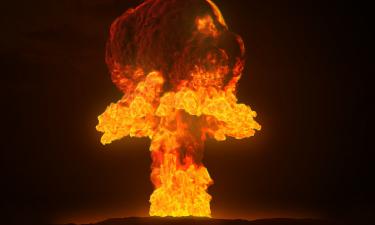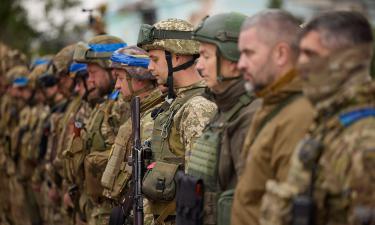For this Christmas Europe will not have black caviar from Russia
Russian government did not issue the resolution for distribution of quotas among the exporters of caviar, and this resulted in terminating all the contracts for selling caviar to Europe this fall. As a result, instead of the caviar from Russia the caviar from Turkmenistan, Kazakhstan, Iran and Azerbaijan will be sold to European countries.
The executive director of Russian Association on Fishing an Reproduction of Sturgeon Valery Paltsev said the caviar should be shipped for Europe before November 24 to be in time for Christmas sales. However, Russian suppliers are unable to do this because the resolution for export quotas distribution for 2003 has not been signed yet. Such a resolution is issued every year and gives the companies working in this market the right to export a certain amount of caviar depending on the amount of the catch of sturgeon. As a rule, quotas are distributed before the end of August, but this year the absence of resolution resulted in shipping no kilo of Russian caviar to Europe legally. According to Mr. Paltsev, sales in Europe for Christmas constitute 75 per cent of the Russian caviar export.
Today the caviar designated for export will have to be sold in Russia at the price of 100 dollars for a kilo instead of the export price of 450 dollars. "We will have losses as we had last year when we lost one million dollars because of the delay with signing the resoltution by the government. It was signed late – only on August 29,” director of Russian Caviar company Alexander Mironov said.
Not only Russian exporters but also their partners in Europe had losses because of the contacts termination. Planet Caviar Swiss company informed Vedomosti newspaper about its loss of 300 thousand dollars. The company’s communication director Arthur Megrabyan said they planned to sell Russian caviar as a separate brand and therefore invested much in the project, but it collapsed after Planet Caviar did not receive the product.
In addition, the company signed the contracts not only with Russian suppliers, but also with its Swiss partners who were going to be retail sellers for the caviar. "Partners are very hard to find and very easy to lose”, - Megrabyan said. “It is difficult for us to explain to our clients for what reasons we offer black caviar from Turkmenistan and Kazakhstan instead of Russian caviar”. The manager of Planet Caviar said suppliers from Iran occupied the market share Russian exporters of caviar had.
According to an official of Russian Fishing Ministry the project of the government resolution was ready in summer, but the officials working on the resolution had doubts if the data submitted by the caviar exporters are true. “According to the export contracts produced by the exporters, the amount of the caviar for sale in Europe was going to be more than the amount of the caviar produced this year”, the Ministry official said. “Later we discovered, the lots of caviar from recent years were included in this amount". He added that it took time to elaborate the correct amount figure, and the resolution for sturgeon caviar export quotas will be signed “within days”, allowing to sell 55 thousand tons of caviar abroad.
90 per cent of all black caviar in the world market are produced by the countries of the Caspian Sea area. In 1997 the chief players in the global black caviar market were Russia (it exported 450 tons of caviar every year) and Iran (150 tons). However, at the end of 1998 the International Convention for Wild Nature Protection (CITES) started giving permissions for the countries to catch sturgeon. As a result, the share of Russia in the market was reduced and constituted only 10 per cent in 2000, according to Fishing Ministry estimates. In 2003 году CITES allowed the states of the Caspian area to export 147 tons of caviar, 78,8 tons for Iran and 30,3 tons for Russia.
Subscribe to Pravda.Ru Telegram channel, Facebook, RSS!





